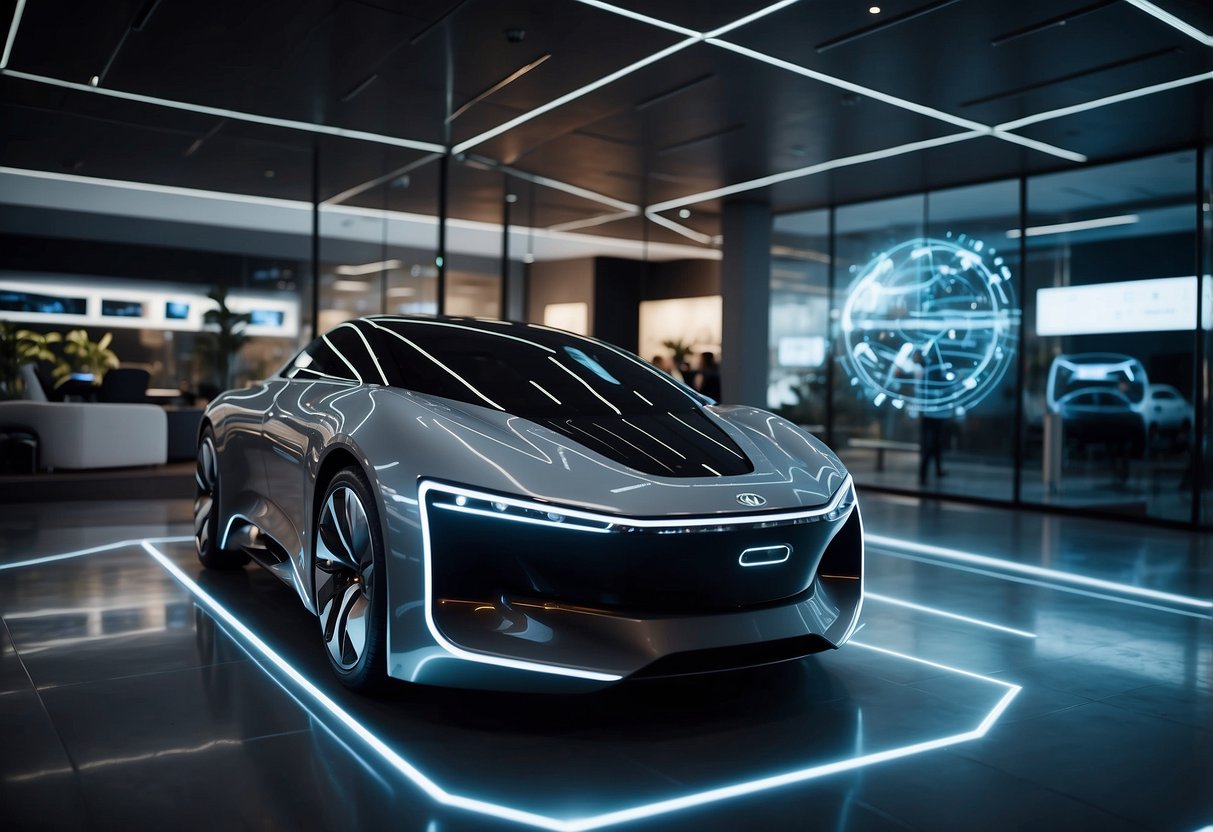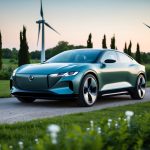
Car technology has advanced rapidly in 2024, introducing features and innovations that reshape the driving experience. From autonomous driving advancements to enhanced safety features and seamless connectivity, cars have never been more sophisticated. This blog post will explore the top 10 car tech innovations of the year, providing insights into how these developments benefit drivers and passengers alike.
The integration of artificial intelligence in automotive systems has led to smarter, more responsive vehicles. Enhanced driver-assistance systems, such as adaptive cruise control and lane-keeping assistance, are becoming standard. Moreover, the rise of electric vehicles has continued with improved battery technology, offering longer ranges and faster charging times.
Seamless connectivity is another standout innovation, allowing cars to communicate with smart devices and infrastructure. In-car entertainment systems have evolved, providing a more immersive experience for passengers. By diving into these car tech trends, you’ll discover the transformative impact these innovations have on the automotive industry.
Autonomous Vehicle Advancements
Recent advancements in autonomous vehicle technology have seen remarkable progress in 2024. Enhanced algorithms now allow self-driving cars to navigate more complex environments with increased accuracy. Improvements in sensor technology, such as LIDAR and RADAR, provide vehicles with a more detailed understanding of their surroundings.
Artificial intelligence plays a crucial role in these innovations. Machine learning systems can process vast amounts of driving data, improving decision-making on the move. These systems can adapt to new scenarios through continuous learning, making rides safer and more efficient.
Connectivity between autonomous vehicles also promotes better coordination on the road. V2V (Vehicle-to-Vehicle) communication helps cars share information, reducing the risk of collisions. This technology ensures that traffic flows more smoothly, easing congestion and enhancing driver and passenger safety.
Manufacturers are integrating more advanced safety features into autonomous vehicles. Emergency braking systems, adaptive cruise control, and automated lane-keeping assist are now more reliable thanks to refined software. These features contribute to preventing accidents and ensuring smoother travel experiences.
Autonomous taxis are becoming more common in urban areas. Companies are rolling out pilot programs that offer driverless ride-hailing services. These initiatives highlight the growing trust in autonomous vehicle capabilities and their potential to transform urban mobility.
Regulatory frameworks are evolving to accommodate these advancements. Governments worldwide are establishing guidelines to manage the deployment of autonomous vehicles on public roads. This regulatory clarity is essential for the continued development and adoption of autonomous technology.
Electric Vehicle (EV) Charging Innovations
In 2024, advancements in electric vehicle (EV) charging technology have significantly impacted the automotive industry. These innovations focus on increasing charging speed, accessibility, and efficiency.
Fast-charging stations are now capable of delivering up to 350 kW, reducing the time required to charge an EV to just 15-20 minutes. This improvement addresses one of the primary concerns of EV users: long charging times.
Wireless charging has also become more prevalent. New systems allow vehicles to charge without plugging in by using inductive charging pads embedded in parking spaces. This technology offers greater convenience, especially in urban environments.
Bidirectional charging has emerged as a crucial innovation, enabling EVs to not only draw power from the grid but also supply energy back during peak demand times. This feature enhances energy efficiency and grid stability.
The integration of solar panels into charging stations provides renewable energy sources for EVs. These stations harness solar power, reducing reliance on conventional electricity grids and contributing to sustainability goals.
Smart charging solutions, incorporating artificial intelligence and machine learning, optimize charging schedules based on grid demand and user habits. These systems ensure efficient energy use and reduce costs by avoiding peak electricity rates.
Expansion of ultra-fast charging networks across highways and urban areas has increased the convenience of traveling long distances in EVs. This development aims to alleviate range anxiety by ensuring that drivers have easy access to reliable charging options.
Finally, improvements in battery technology, such as solid-state batteries, have played a role in enhancing EV charging. These advancements promise shorter charging times and longer battery life, making EVs more appealing to a broader audience.



